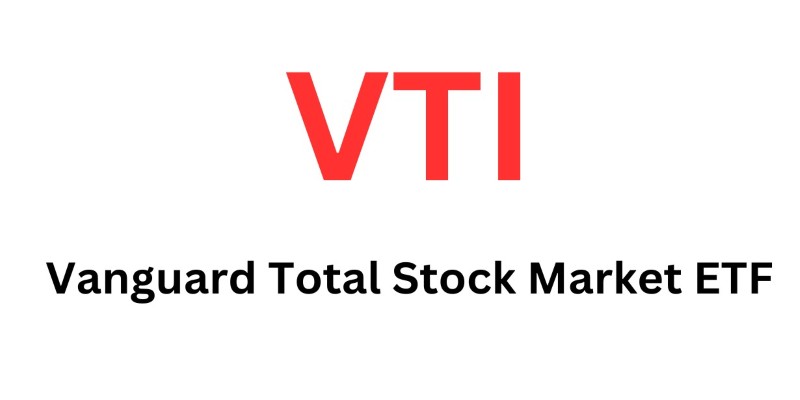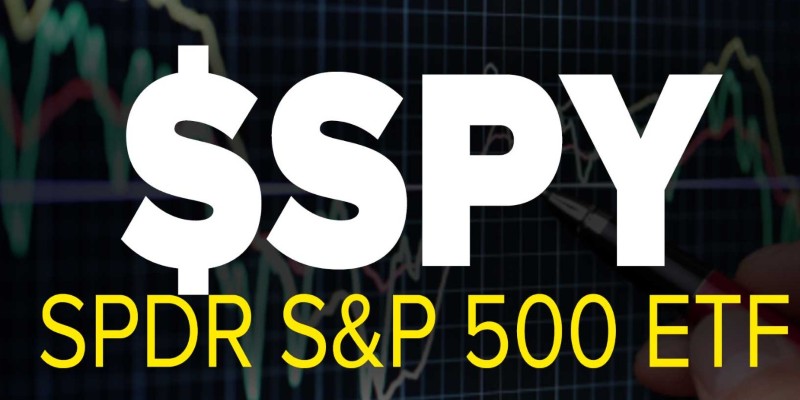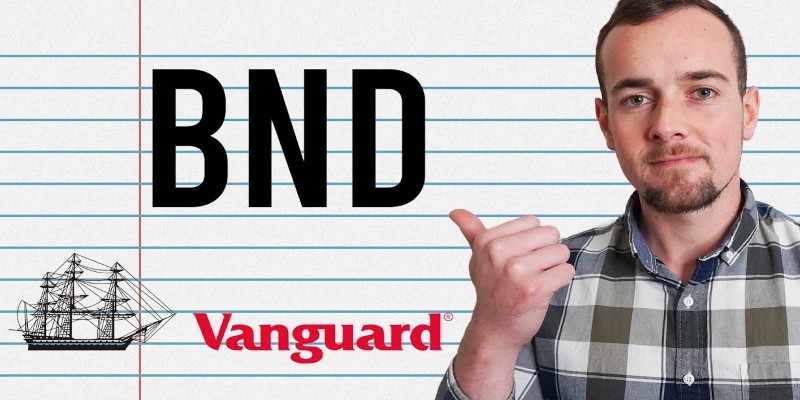Top 4 ETFs For Beginners In 2025
Exchange-Traded Funds (ETFs) are an excellent way for beginners to start investing in the stock market. They offer an opportunity to diversify your portfolio without having to pick individual stocks. As we head into 2025, the world of ETFs continues to evolve, offering new opportunities for investors. We will guide you through the top ETFs for beginners, helping you understand the different types, the best options available, and how they can fit into your investment strategy.
What Are ETFs And Why Are They Ideal For Beginners?
Before diving into the specific ETFs for beginners in 2025, it’s important to understand what ETFs are and why they’re considered an ideal investment vehicle for new investors. ETFs are similar to mutual funds, but they trade like individual stocks on exchanges. They pool together money from multiple investors to buy a diversified portfolio of assets, which can include stocks, bonds, commodities, or other investment vehicles.
For beginners, ETFs offer a straightforward way to invest in a wide range of assets without the need to pick individual stocks or bonds. Since they are traded on exchanges, you can buy and sell ETFs at any time during market hours. Additionally, ETFs typically have lower fees compared to mutual funds, making them more accessible to new investors who are just starting their financial journey.
Key Considerations When Choosing An ETF
When choosing an ETF as a beginner, there are several factors to keep in mind. First, look for low-cost ETFs, as high management fees can eat into your returns over time. It's also wise to consider the ETF's underlying assets, its past performance (though past performance is not always indicative of future results), and how well it aligns with your investment goals and risk tolerance.

Some ETFs focus on growth, aiming for higher returns by investing in fast-growing sectors or companies. Others focus on stability, investing in established, blue-chip companies or government bonds. As a beginner, you may want to start with broad market ETFs that offer a balance of risk and reward or sector-specific ETFs that allow you to invest in areas you're particularly interested in.
Top ETFs For Beginners In 2025
The following ETFs are ideal for beginners due to their diverse holdings, low fees, and accessibility. They offer a balanced approach to investing, catering to different risk tolerances and investment goals.
Vanguard Total Stock Market ETF (VTI)
Vanguard is a well-known name in the investment world, and the Vanguard Total Stock Market ETF (VTI) is one of the best options for beginners. This ETF provides exposure to the entire U.S. stock market, including small, mid, and large-cap stocks. By investing in VTI, you essentially get a slice of the U.S. economy as a whole.

One of the main reasons VTI is ideal for beginners is its diversification. Instead of picking individual stocks, you’re investing in a broad range of companies across multiple sectors. This reduces the risk associated with any single stock and helps to smooth out returns over time. The fund has a low expense ratio, making it a cost-effective option for long-term investors.
SPDR S&P 500 ETF (SPY)
The SPDR S&P 500 ETF (SPY) is another excellent choice for beginners. It tracks the S&P 500 index, which includes 500 of the largest U.S. companies. This makes SPY a great option for investors looking to gain exposure to the U.S. stock market's biggest and most established companies. It is widely regarded as one of the best ETFs for beginners because it provides a solid foundation for a diversified portfolio.

SPY is particularly suitable for those who want to invest in companies with a proven track record of performance. With an expense ratio of just 0.09%, it’s a relatively low-cost way to gain exposure to large-cap U.S. stocks. Because the S&P 500 represents a significant portion of the U.S. economy, SPY also provides broad market exposure.
IShares MSCI Emerging Markets ETF (EEM)
For those interested in international exposure, the iShares MSCI Emerging Markets ETF (EEM) is a great choice. This ETF focuses on emerging markets, including countries like China, India, Brazil, and South Africa. Emerging markets have the potential for higher growth compared to developed economies, but they also come with added risk.
EEM can be an excellent way for beginners to gain exposure to global markets, particularly those in the developing world. While the risk is higher than U.S. stocks, the growth potential can be appealing. The expense ratio for EEM is also relatively low, making it an affordable option for investors looking to diversify their portfolios globally.
Vanguard Total Bond Market ETF (BND)
Bonds are often considered a safer investment compared to stocks, especially for those who are risk-averse or approaching retirement. The Vanguard Total Bond Market ETF (BND) provides broad exposure to the U.S. bond market, including government, corporate, and international bonds. This ETF is an excellent option for beginners who want to add stability to their portfolios.

BND is a low-cost option for those who want to invest in bonds without having to pick individual bonds themselves. The ETF offers a good mix of high-quality bonds, making it a safer choice compared to more volatile equity ETFs. With its low expense ratio, BND provides an easy way for beginners to get started with bond investing.
How To Start Investing In ETFs
Getting started with ETFs is simple. Most brokers offer access to a wide range of ETFs, and some even allow you to start investing with a low initial deposit. You’ll need to open an investment account, such as an individual brokerage account or an individual retirement account (IRA), and deposit funds into the account.

Once your account is funded, you can start buying ETFs by searching for their ticker symbols. Most brokers also offer tools that allow you to track the performance of different ETFs and analyze their holdings, helping you make informed investment decisions.
Conclusion
ETFs are a great way for beginners to invest in the stock market. They offer diversification, low fees, and access to a wide range of asset classes, making them a strong foundation for a balanced investment portfolio. When choosing an ETF, consider your investment goals, risk tolerance, and time horizon.
For beginners, it’s wise to start with broad-market ETFs or bond-focused ETFs before venturing into more specialized sectors or international markets. By taking a thoughtful, long-term approach, beginners can set themselves up for financial success in 2025 and beyond.